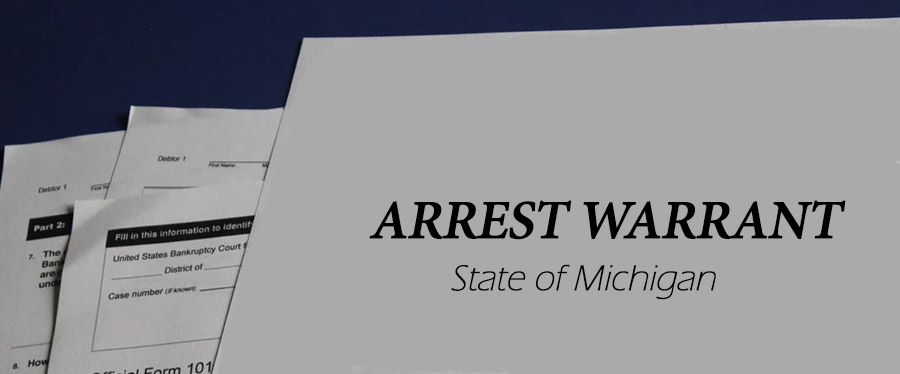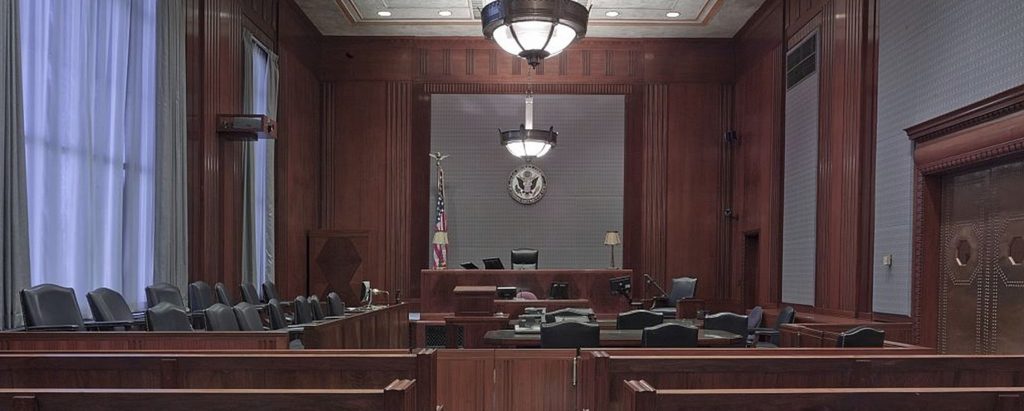“What is a Bench Warrant for Failure to Appear in Court?”
If you failed to appear in court, your lawyer must utilize crucial strategies to give you the best chance of avoiding incarceration or a revoked bond.

An experienced lawyer gives you the best hope of getting your situation back on track.
There can be many reasons why someone charged with a felony or misdemeanor fails to appear in court. Unless the judge is satisfied that there is a sufficient, verified reason they failed to appear in court, the judge will issue a warrant for the defendant’s arrest. The defendant may have skipped court intentionally or forgotten about the hearing date. On the other hand, their car could have broken down, they might not have received notice of the hearing, or they could have been in the hospital with an illness.
“I missed a court date, so now what?”
When a person misses their court date, the court will issue a warrant for that person’s arrest, not just sometimes, but every time. This type of warrant is called a “bench warrant.” If the defendant posted a bond, the judge will order it forfeited (taken by the court). These warrants never go away by themselves. The ONLY way you should deal with an outstanding warrant for failure to appear is with a respected, highly experienced criminal defense lawyer. Do not be conned into believing that your divorce, tax, real estate, or probate lawyer is capable of providing you with the same results as an expert criminal defense lawyer. Why? Because lawyers who exclusively practice criminal defense will know the most persuasive arguments and be most familiar with navigating through the court under the circumstances. The most effective techniques for real estate law, family law, and probate are not the same as those in criminal cases. The rules are also very different. It takes decades of specialization to master every trick of the trade. Additionally, the consequence for a defendant who has failed to appear in court on a criminal matter is more severe than in civil cases.

“Why would I need a lawyer if I turn myself in on a warrant?”
If you retain a reputable, respected criminal defense lawyer, they can immediately file an “Appearance” on your behalf with the court. Your lawyer can do this literally within a few minutes by fax after being retained. An attorney’s appearance will tell the judge at least two things: you respect the court’s procedures and intend to appear in court voluntarily. You will still have to appear for arraignment in court, but the judge will have a completely different perspective on you. You should understand that court-appointed lawyers are generally not provided when the defendant appears before the court on a bench warrant. If a defendant is arrested on a warrant because they failed to appear in court for an arraignment, it will be more challenging to obtain an affordable bond.
Assuming the defendant hires a highly experienced lawyer, the attorney will know what to do to give the defendant the best chance of remaining out of jail and on bond. For example, they can make a motion to reinstate a forfeited bond. You may not even have to be arrested on a warrant with the right lawyer. There are many factors a judge must consider when setting a bond, and a retained criminal defense attorney will prepare in advance so that they can make the most powerful and persuasive argument on the defendant’s behalf.
“Does it matter if I wait to go back to court?”
The length of time it takes for the defendant who failed to appear in court to surrender on a bond can be a factor the court considers. A long time between when the warrant is issued and when the defendant appears in court can be a reason for a high bond. Suppose the defendant retains counsel and returns to court quickly. In that case, the court is more likely to find that the failure to appear was inadvertent, accidental, or because of a momentary lapse of judgment.
“What happens when we get to court if I fail to appear?”
When you walk into court, your criminal defense lawyer will explain the circumstances in terms the judge understands from a legal perspective. Typically, the judge gives the lawyer an opportunity to call their client to see if they are on their way or if there is an explanation for their failure to appear in court. A seasoned lawyer has the best chance of providing an acceptable explanation. If the lawyer is successful, the judge will cancel the warrant, reinstate the forfeited bond, and set a new court date. A general practice or bargain lawyer will likely make a poor argument to keep their client out of jail. Without a top attorney, the odds are higher that the defendant will have to post a large amount of money to remain on bond, or they will remain in custody until the conclusion of the case.

“What if I’m arrested on the warrant?”
If caught with an open warrant, you will be arrested and taken to court in handcuffs. With a pending warrant, the police might arrest you at home, work, or any time you leave your house. Even if you don’t leave your house, you may get a knock on the door (or the door kicked in), and you could be arrested and hauled off to court. Appearing before a court in handcuffs, instead of voluntarily surrendering with a lawyer, usually results in a bond that requires a cash deposit with the court. A bond requiring the defendant to deposit money with the court or jail is called a cash bond.
If someone has been arrested, all is not lost, and it is not too late to hire counsel. A skilled and talented lawyer may provide a reasonable explanation for the defendant’s failure to appear in court and assure the judge that the defendant will appear in court in the future. It is best for the defendant to appear voluntarily in court.
“Can I wait until the warrant expires if I fail to appear in court?”
It is a myth that warrants expire. Once issued, a warrant remains in the Law Enforcement Information Network (LEIN) forever. The sooner you deal with it, the better.
“What is the best excuse for failing to appear in court?
The best excuse for failing to appear in court is the truth. Judges are used to crazy excuses and implausible justifications. Even if the truth is that the date slipped the defendant’s mind, a judge is more likely to forgive a genuine mistake than a made-up story.
“How long do you go to jail for failure to appear in Michigan?”
Failing to appear in court does not result in a new criminal charge. A judge can issue a bench warrant for a defendant who fails to appear in court, but the prosecutor does not file for a new offense. The defense lawyer will argue for the reinstatement of their client’s previously posted bond. If the judge requires additional bond or bail, the defendant can post the added funds or remain in custody.
“How do I deal with a bench warrant in Michigan?”
A person who hopes to get reasonable bail should turn themselves in on a bench warrant as soon as possible; however, it is vital that they go to court with an experienced criminal defense lawyer to protect them. Appearing unrepresented on a bench warrant arraignment can be a tremendous blunder and result in a high or unattainable bond.

Lawyers who can protect you if you have missed a court date and have a warrant.
The Defense Team at LEWIS & DICKSTEIN, P.L.L.C. has decades of experience successfully having warrants recalled and freeing clients from jail. The judges in southeast Michigan and throughout Michigan know our firm and respect it because we are in court daily. Judges have seen the level of professionalism and compassion we embody. Our dedicated, experienced attorneys have successfully represented thousands of clients on felony and misdemeanor charges in Oakland, Macomb, Wayne, Washtenaw, and Livingston Counties and throughout Michigan. If you call us for a free consultation, we will take the time to talk with you, answer your questions, and address your concerns. We have a well-deserved reputation for providing the highest quality defense and aggressive representation.
Call us today at (248) 263-6800 for a free consultation or complete an online Request for Assistance Form. We will contact you promptly and find a way to help you.














